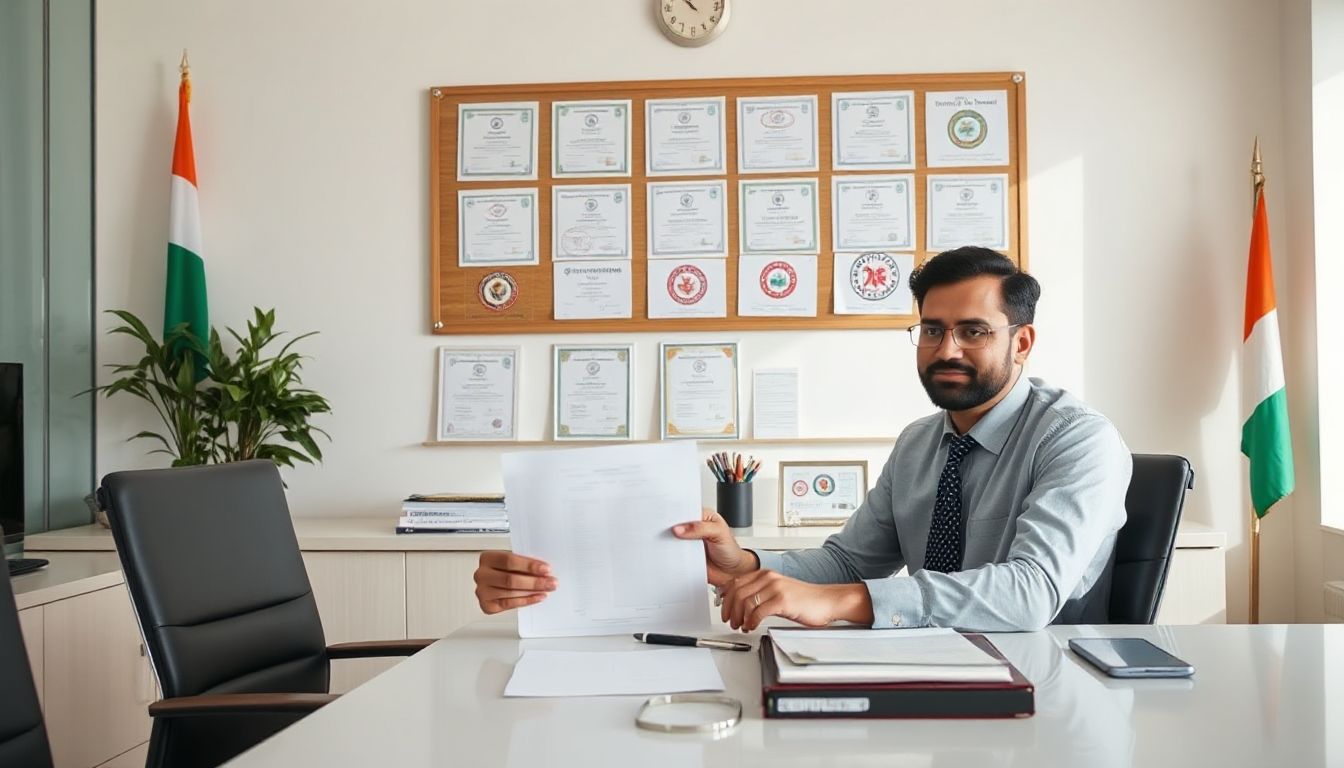
Know the Requirements of Certificate Attestation Services in India
✈️ Introduction
Imagine you’re preparing to work abroad or expand your business internationally. As part of your preparation, you realize that official documents—such as diplomas, marriage certificates, or trade licenses—need formal approval. This is where certificate attestation plays a vital role. It confirms that your documents are genuine and ready for use outside India.
In fact, proper attestation is far more than a bureaucratic formality. It’s a legal necessity for employment, education, migration, and international business. As globalization accelerates, both individuals and organizations increasingly turn to trusted attestation services. Whether you’re relocating to Canada, the UAE, or any other country, understanding the process helps you avoid delays and complications.
This guide outlines the key requirements and steps involved in getting your documents attested in India.
🔍 Understanding Certificate Attestation in India
✅ What Is Certificate Attestation?
Certificate attestation refers to the verification of official documents for use abroad. These typically include:
- Educational diplomas and degrees
- Birth and marriage certificates
- Commercial documents like trade licenses or powers of attorney
The attestation process confirms that these documents are authentic and legally valid. Unlike legalization and apostille (which apply to specific international agreements), attestation in India follows a multi-stage process to ensure thorough validation.
Thus, attestation builds trust with foreign authorities during tasks like visa applications, university admissions, or commercial transactions.
🛂 Why Is Certificate Attestation Mandatory?
Certificate attestation is required by law in many countries. Foreign authorities need assurance that submitted documents are genuine, especially to prevent identity fraud or false qualifications.
For instance:
- Employers in the UAE demand attested education certificates before issuing work visas.
- Canadian universities request authenticated transcripts during admissions.
- Trade agreements often require attested business licenses for legal registration abroad.
Without proper attestation, your documents may be rejected or lead to unnecessary delays—both of which can derail your plans.
⚖️ Who Conducts Certificate Attestation in India?
Multiple government agencies participate in the attestation process, each with specific responsibilities:
- Notary Public: Handles the initial attestation for personal documents.
- State Home Department: Verifies documents at the state level.
- Ministry of External Affairs (MEA): Provides national-level attestation for international use.
Additionally, foreign embassies and consulates play a key role in the final step. They validate that the Indian-attested documents are legally recognized in their respective countries.
📘 Types of Certificate Attestation in India
🎓 Educational Certificate Attestation
Academic institutions often require attested diplomas and transcripts. However, requirements vary depending on the level:
- High school or secondary school certificates typically require notarization.
- Graduation and postgraduate certificates usually go through university verification and state-level approval before MEA attestation.
By completing this process early, students can streamline their overseas admissions or work permit applications.
